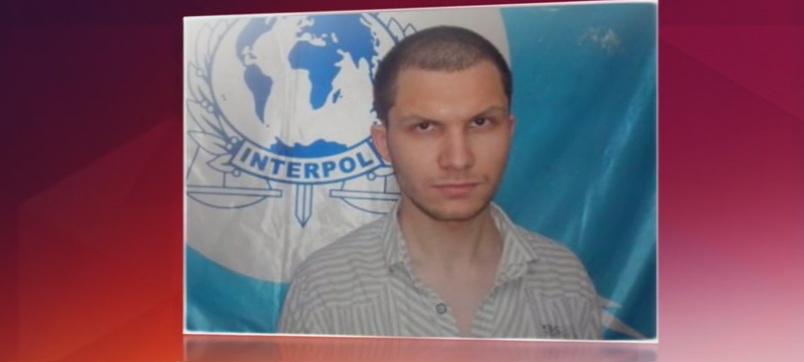A Latvian cybercriminal who helped in the creation of malware that infected over one million machines globally and resulted in tens of millions of dollars in losses, has pleaded guilty to conspiring to commit computer intrusion.
Deniss Calovskis, who went online by the screen name of "Miami," entered into a plea-bargain agreement in New York federal court and faces a maximum of 10 years in prison when sentenced on Dec. 14. Prior to the agreement, the 30-year old faced up to 67 years in jail.
Calovskis on Friday admitted to have written part of the code for the Trojan known as Gozi, "one of the most financially destructive computer viruses in history," according to authorities. He was arrested in November 2012 and spent 10 months in jail in Latvia before being extradited to the United States earlier this year.
Calovskis was responsible for building "web injects" that altered the appearance of banking websites and fooled users with infected computers into revealing their personal identification information.
The malware reportedly affected over 40,000 PCs in the US, including over 160 NASA computers, and was used to steal millions of dollars from bank accounts worldwide.
One of the manners in which computers were infected was by means of a PDF document that installed the malware on the target computer. The virus remained "virtually undetectable in the computers it infected" and collected personal data from the machine, including bank account details that were then used to divert funds to cybercriminals.
The mastermind of the Gozi operation is Nikita Kuzmin, the Trojan's Russian creator, arrested in 2010, who pleaded guilty to computer intrusion and fraud charges in 2011 and is still waiting conviction. A third man involved in spreading the virus is Romanian Mihai Ionut Paunescu, who was arrested in December 2012.
First developed in 2005, the malware was discovered in 2007, but the cybercriminals behind it continued operations for five more years. In addition to computers in the U.S., the malware has infected machines in France, Finland, Germany, Italy, Poland, Turkey, and the U.K.


